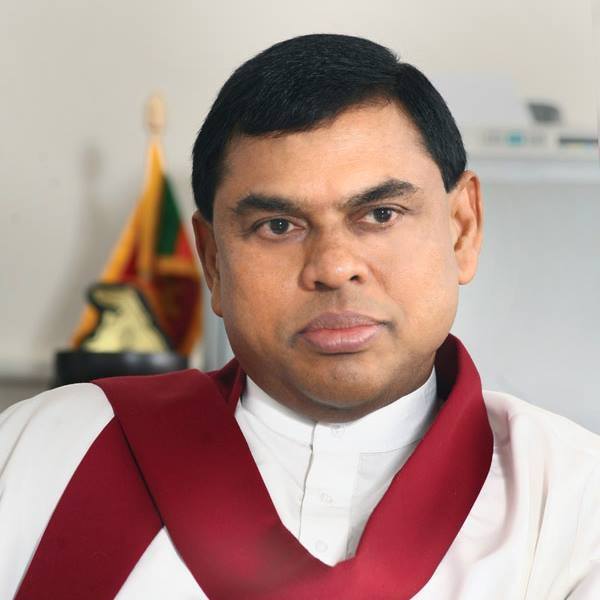
Sri Lanka’s Supreme Court has rejected 13 articles of the controversial Finance Amendment Bill submitted by Minister of Finance, Basil Rajapaksa, as “unconstitutional”.
In announcing this decision, the Speaker of the Parliament, Mahinda Yapa Abeywardena, maintained that Article 17 should be removed entirely and that several articles must be amended. Only after these amendments are made can the bill pass with a simple majority without the measure violating the Constitution.
Under the bill, if a person fails to disclose taxable assets, they may immediately invest the equivalent amount in the country and pay a voluntary disclosure at one per cent nominal tax. The investment may be through the purchase of shares of a resident company, treasury bills or treasury bonds issued by the Central Bank, debt securities issued by a resident company in Sri Lanka or buy any movable or immovable property in Sri Lanka.
Critics of the bill have filled a petition with the Supreme Court requesting that the bill require a two-thirds majority and a referendum to become law. They note that the bill grants full immunity, referred to as a “tax amnesty”, from to pay any tax, penalty, or interest, or from any investigation or prosecution. This would effectively legitimise fraud.
They further highlight that the 1% tax on voluntary disclosures is far lower than the tax liability of those who are currently abiding by the law.
This follows a damning report by the US State Department which highlighted that "public sector corruption is a significant challenge for U.S. firms operating in Sri Lanka and a constraint on foreign investment". The report notes that despite Sri Lanka having "generally adequate laws and regulations to combat corruption, enforcement is often weak and inconsistent". It further adds that "historically, the main political parties do not pursue corruption cases against each other after gaining or losing political positions.
The bill’s proponent, Sri Lankan Finance Minister, Basil Rajapaksa, has a history of corruption and embezzlement. A 2007 leaked US embassy cable noted that Basil “worked for the Ministry of Mahaweli Development, where he earned the nickname "Mr. Ten Percent" for demanding a ten per cent commission on every project”. “Embassy contacts say Basil has no close advisors and more enemies than friends in Sri Lanka because he makes a habit of trying to "buy people”,” the cable added, noting that at the time “Basil continues to be accused of significant corruption in his current position”.
